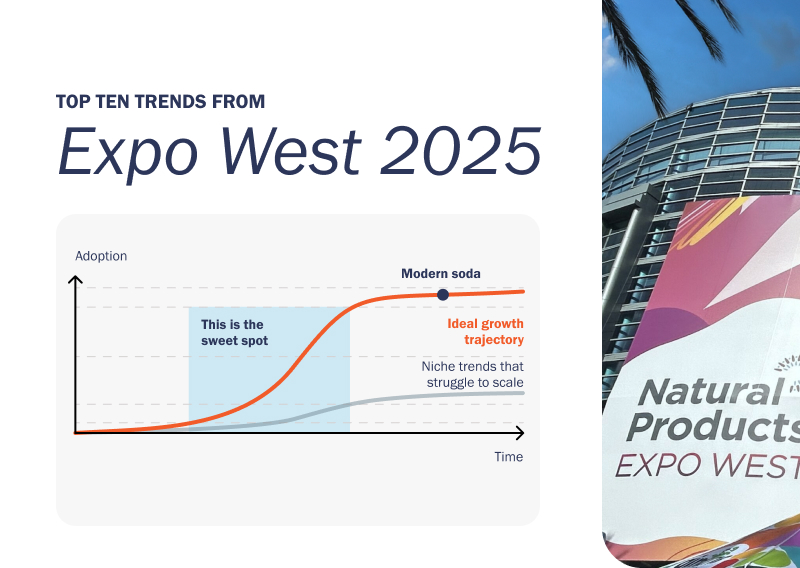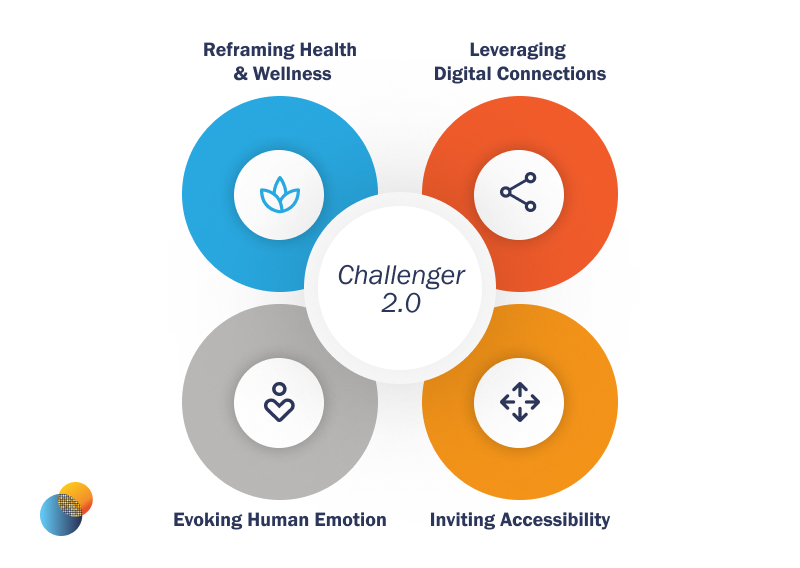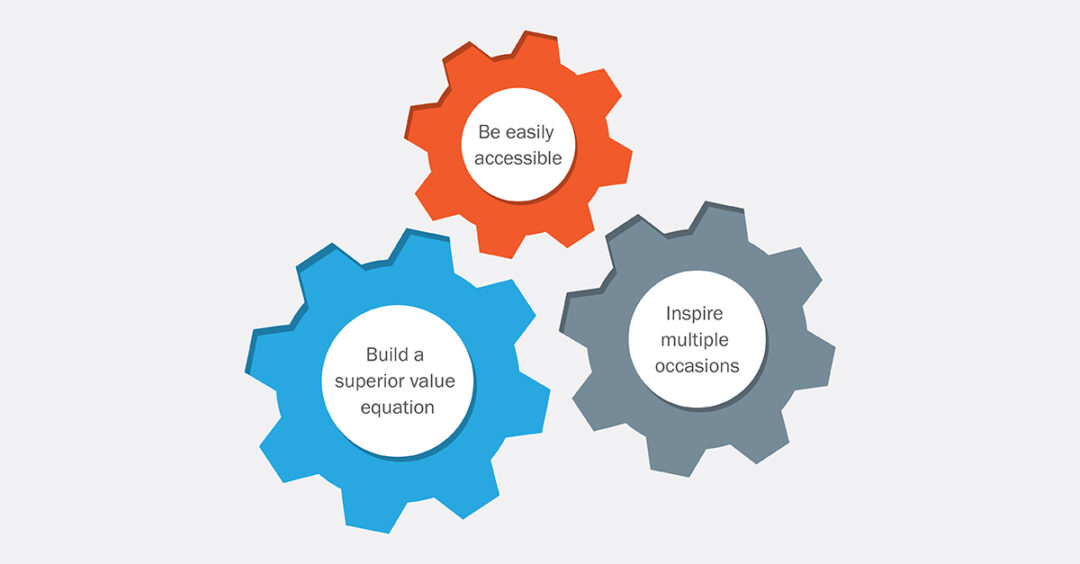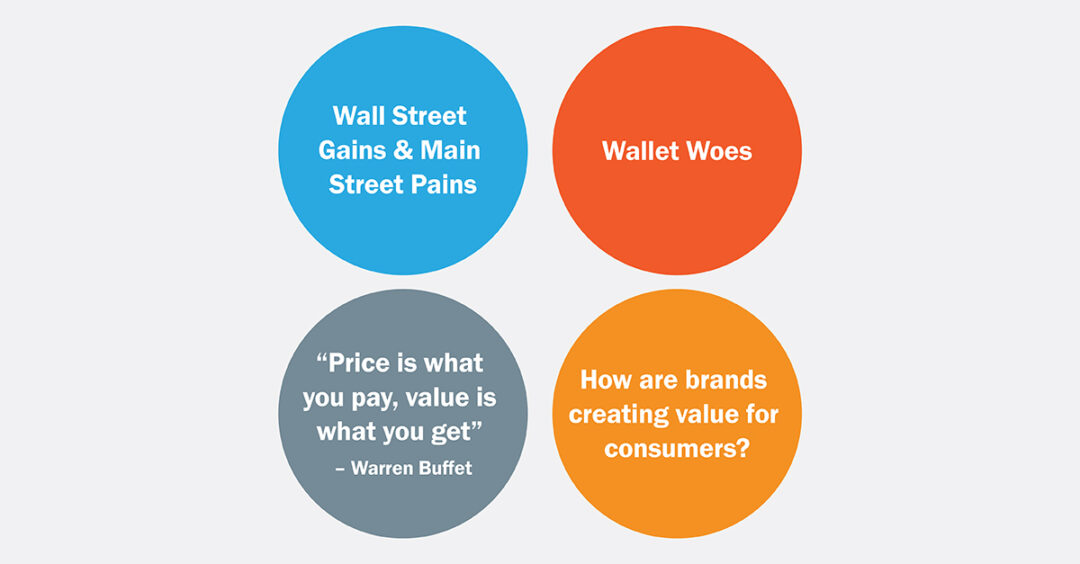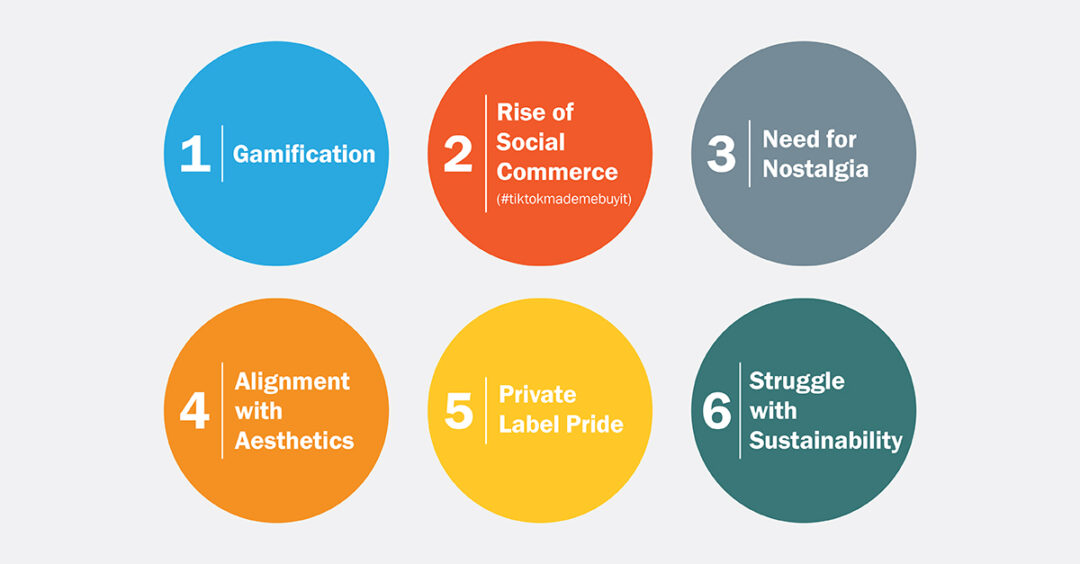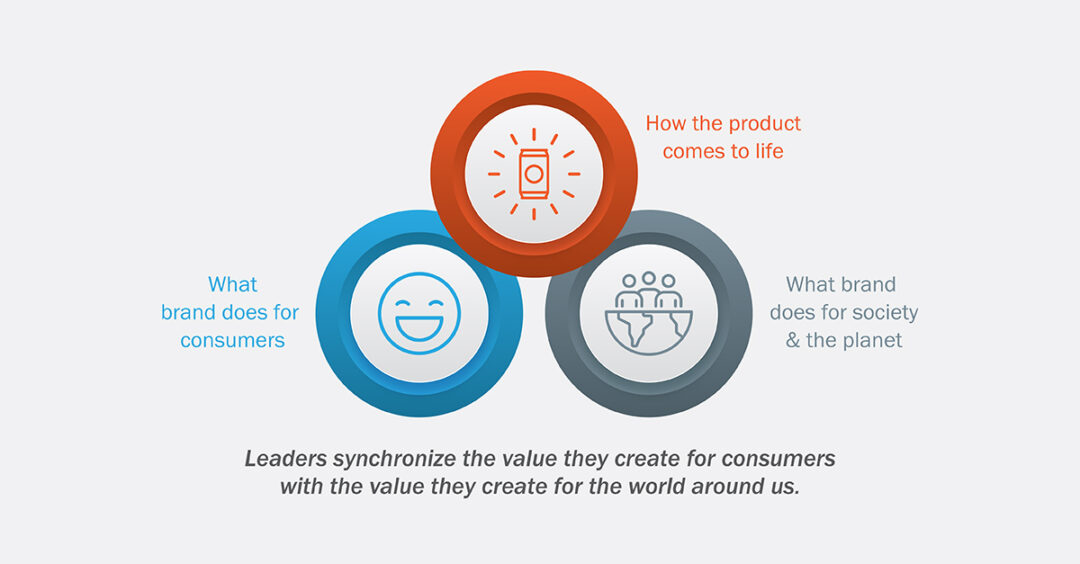Challenger Brand Leadership Series: The Honest Company

Nick Vlahos, CEO of The Honest Company, explains how the company maintains its challenger mindset as it scales
At Seurat, we have well-documented the rise of the challenger brand within the CPG industry.
We focus on 3 main questions:
- What space, practice or convention are you challenging?
- How are you challenging it?
- What has challenged you along the way?
Introduction
Nick Vlahos, formerly COO of The Clorox Company, joined The Honest Company as CEO in 2017 and was responsible for many of the shifts in strategy that are driving The Honest Company’s resurgence, including a focus on core product categories and improved R&D practices. After spending time at other values-based organizations (including building the Burt’s Bees brand at Clorox), Vlahos was personally intrigued by The Honest Company’s mission to empower people to live happy, healthy lives. We sat down with him to learn about how he has helped the brand further its purpose while evolving its Challenger mindset over the last 18 months at its helm.


What space, practice or convention are you challenging? How are you challenging it?
Vlahos: From the beginning, it was all about empowering people to live happy, healthy lives. And that mission resonates in an even bigger way today. The beauty of this mission is that it isn’t in a specific category, rather, it’s bringing the idea of “wellness” to life in the things that go on you, in you and around you. With my experience building brands domestically and internationally, I play a crucial role in helping to further our brand mission. We are fortunate to have so much room for growth given that the company is only 7 years old.
 A fundamental way that we challenged the industry is around accessibility – we want
A fundamental way that we challenged the industry is around accessibility – we want
to provide products for consumers in exactly the places where they want to find them.
At its inception, the company was disruptive in that it was e-commerce first, thanks to our direct to consumer model. Traditional companies had built supply chains and retail distribution with brick and mortar retailers that were dependent on shoppers taking a car ride or a walk and navigating the store to access their products. Jessica’s vision around empowerment was not only around transparency and wellness, but also ease. How do we do things better to really help you live a happy, healthy life? Maybe you are happier without having to take a trip to the store to get the solutions you need. We disrupted an industry that was built around retail distribution and made it easier for consumers to get products delivered to their homes.
At that time, we were challenging the convention that you have to go to the store to buy household essentials. We took this convention and said no, not necessarily. We will provide those items directly to you and create a subscription model where you don’t have to think about it anymore. That model seriously disrupted traditional go-to-market norms.
 Today we are challenging the conventional wisdom that is “you can be good in DTC, but can you actually be good at omnichannel presence?”.
Today we are challenging the conventional wisdom that is “you can be good in DTC, but can you actually be good at omnichannel presence?”.
Can anyone execute with excellence in DTC, dot coms, and brick and mortar? And do that in a way that remains authentic to the company’s mission? And can you do that consistently? And can you do that in international markets?
We believe we can. Today, we provide products wherever people want to procure them. If you’re interested in online, we are there. If you are interested in going to a store and walking, you can find us at major retailers. That’s how people want to shop today, so we need to be in a position to really disrupt there. The big players are of course trying to do this too, but we believe we can do it better by offering the right value proposition at each access point. Many of the big players started as retail businesses and now are becoming DTC. We started as DTC – with that comes the best data and authentic consumer connection. We are using these assets to our advantage as we expand into brick and mortar.
Our direct to consumer DNA gives us an edge with innovation. For example, we did a Major League Baseball diaper collection. We created unique diapers for 8 teams/cities. We introduced it through our DTC platform, and in just 60 days were able to learn which products sold, and which didn’t, and why. In 2 cities, the product just didn’t sell as fast. That enabled us to better manage our own supply chain. It also helped us with our retail partners by not putting those cities’ product on the shelf because the turns weren’t there.
 By being digital first and consumer first, we can access and use consumer insights better than larger companies that were built off of a traditional model.
By being digital first and consumer first, we can access and use consumer insights better than larger companies that were built off of a traditional model.

What has challenged you along the way?
As we continue to grow, our competition takes notice and looks to us for inspiration. There are more competitors trying to get into the natural, better for you space, so our categories get more crowded. The positive is that they raise consumer awareness – and we want people to know about better products and ingredients so that we can change the CPG industry together for the better.
As we scale, we need to maintain the performance, quality and efficacy of our products. We wanted to raise the bar in order to compete with the larger players that have robust capabilities around formulation and development. We needed to rise to meet those standards by providing products with really strong designs and by maintaining the highest levels of safety and efficacy. Finally, we needed to bring our products to market faster. To do so, we built product labs for both our beauty and personal care businesses. Now, we do product development in-house, then work with the right partners when it comes to manufacturing the product. This sets us apart and allows us to stay nimble.
 There’s always been a belief that as you scale a business, quality is negatively impacted. We say “no”.
There’s always been a belief that as you scale a business, quality is negatively impacted. We say “no”.
As we scale, we are looking to improve the quality of our products. At the end of the day, our customers’ health, safety and satisfaction is our highest priority, so we need to continue to provide the highest quality products on the market. Every day we are continuing to work on earning our consumer’s trust. It’s hard to gain and easy to lose. Our mission is more resonant than ever when it comes to transparency and raising the bar on safety. We want to scale our business and maintain trust by ensuring that there is never a trade-off when it comes to the efficacy, quality, safety and goodness of our products.


